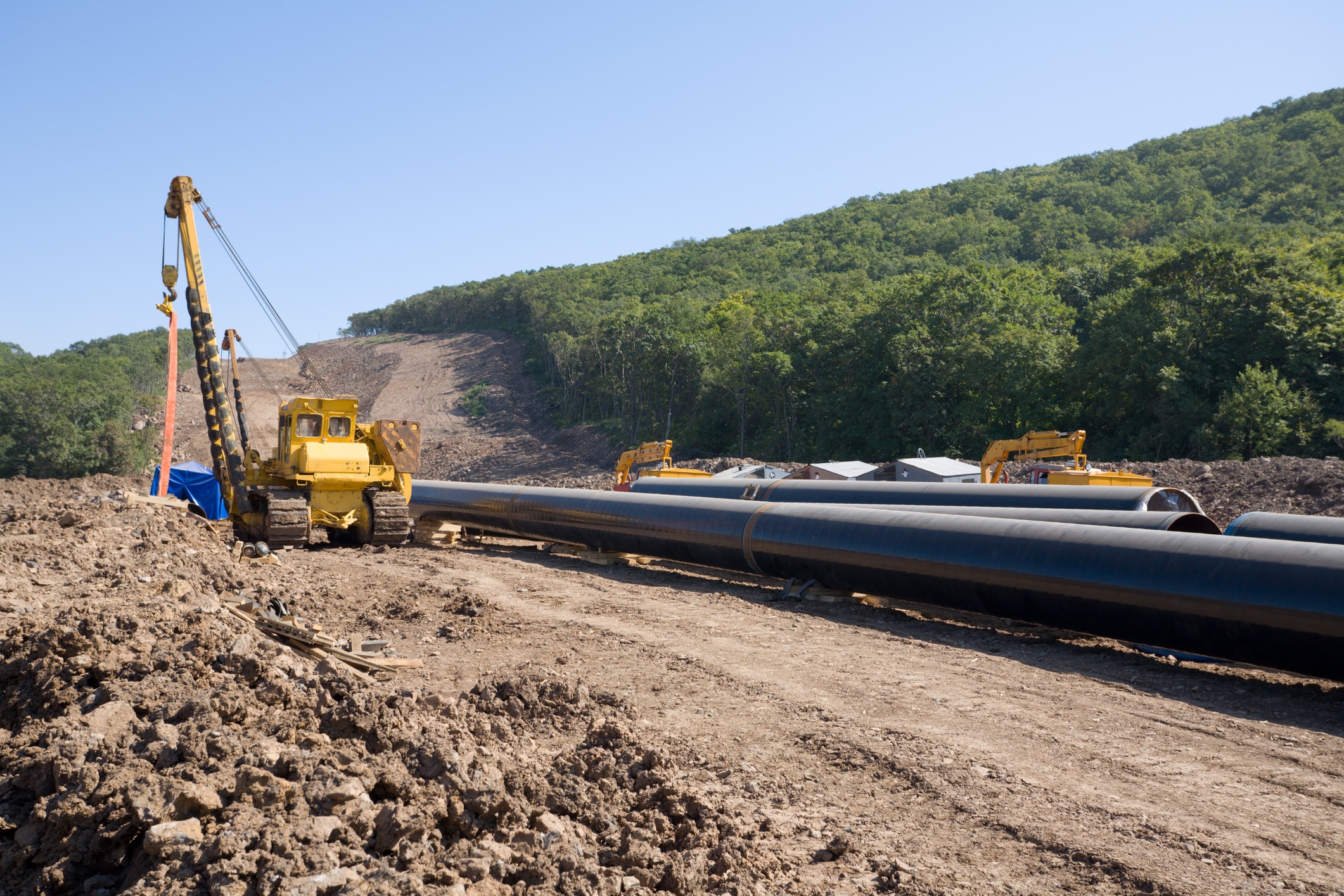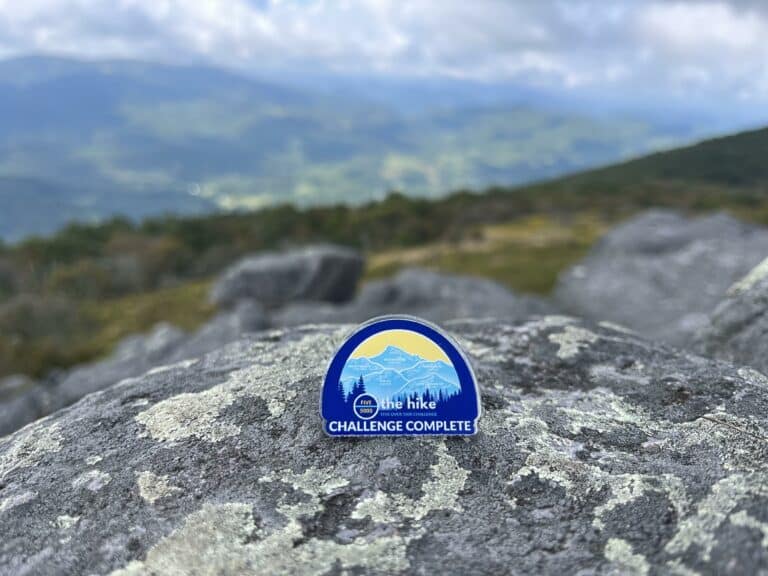Dominion Energy and Duke Energy announced today the cancellation of the Atlantic Coast Pipeline (ACP) project, citing cost uncertainty and ongoing delays. The ACP, initially announced in 2014, is a proposed 600-mile fracked gas transmission line planned to span West Virginia, Virginia, and North Carolina.
The decision comes after a U.S. Supreme Court decision in June in which the court ruled by a 7-2 margin that the natural gas pipeline would be allowed to cross the Appalachian Trail.
The press release indicated that a series of legal challenges to the project’s federal and state permits have caused significant project cost increases and timing delays. Recent public guidance of project cost has increased to $8 billion from the original estimate of $4.5 to $5.0 billion. In addition, the most recent public estimate of commercial in-service in early 2022 represents a nearly three-and- a-half-year delay with uncertainty remaining.
“We regret that we will be unable to complete the Atlantic Coast Pipeline,” Thomas Farrell II, Dominion Energy chairman, president and chief executive officer, and Lynn Good, Duke Energy chair, president and chief executive officer, said in a joint statement.
Environmental advocacy groups had long opposed the project, while its proponents pointed out the economic boost it would bring to the affected areas.
“The Atlantic Coast Pipeline was never needed, and the facts have never been more clear: fracked gas has no role in our energy future. From Robeson County, N.C., to Harrison County W.Va., in statehouses and courthouses, communities have stood shoulder to shoulder to protect their land, their water and their communities. Today’s announcement marks a historic victory for environmental justice,” Tom Cormons, Appalachian Voices Executive Director said in a press release.
Appalachian Voices is one of many groups to point out that the pipeline would have disproportionately impacted Black, Indigenous, and low-income communities along its route from the proposed gas-fired compressor station in Union Hill, a historic, predominantly Black community in Buckingham County, Va., to the Lumbee community in Robeson County, N.C., the largest community of Native Americans east of the Mississippi River.
More stories that have followed the progress of the Atlantic Coast Pipeline:
- Supreme Court rules gas pipeline can cross Appalachian Trail
- Atlantic Coast Pipeline: The Keystone of the East
- Who Really Pays for the Pipeline?
- High Risk of Landslides: Atlantic Coast Pipeline’s Dangers Ignored
- Northam can stop the pipelines right now
- Outdoor Updates: Federal court throws out two key permits for Atlantic Coast Pipeline
- Pipeline CSI
- The Tree Sitters: Activists Have Halted Pipeline Construction
- Court rules against pipeline developers in a win for residents of Union Hill, VA
- No Fracking Way








